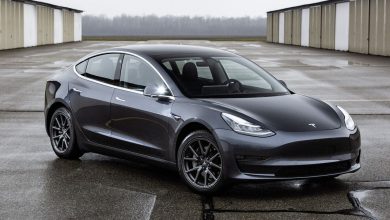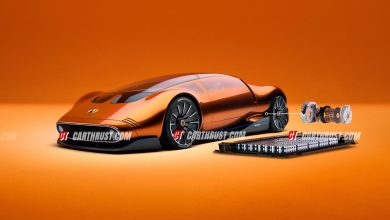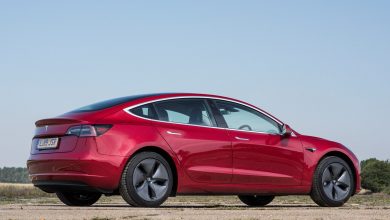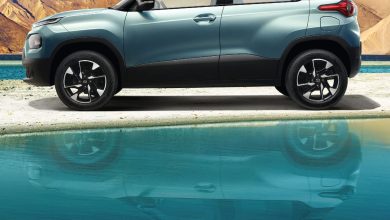In perhaps its strongest electric push yet, BMW invests two billion euros in Battery Tech
With this move, BMW cements itself as one of the forces to reckon with in electric vehicle tech
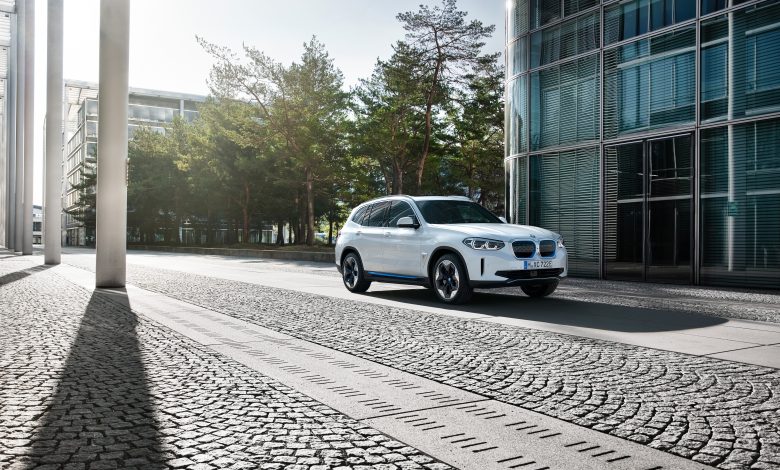
When the German automobile giants BMW launched the i8 back in 2010, it was a jaw-dropper. Nobody had seen anything like this. The tech, the design but most importantly, the vision. BMW thought of something and made it possible much before anybody could. A small 3 cylinder engine with hybrid technology churning out 228 bhp. It was an engineering marvel. They also launched the i3 which was applauded for its practicality and engineering and gave some competition to compact hatchbacks. it’s been 10 years since that and BMW are still at it, bit only bigger and better.
Carrying on that short legacy they have created, BMW has recently closed a deal worth 2 Billion Euros with Northvolt, a battery producer with a gigafactory currently under construction in Skelleftea in northern Sweden. The highlight of this deal is the sheer size and how it sets them apart from its local competition.
BMW has always had a hand in sustainable manufacturing processes and is building its ‘i’ brand on reduced carbon footprint designs and production methods. It has emphasized the impact that the manufacture and disposal of batteries can have on the environment and thus the entire production of its battery stock has been optimized to reduce CO2 by substantial margins. These guidelines have been put in place going forward with the Northvolt gigafactory.
An interesting part of the deal is the factory requires to obtain all of its energy supply from locally sourced suppliers which include wing and hydroelectric power. They aim to to improve their products’ overall environmental balance and that is why they will only use 5th generation battery cells.
The factory will source the cobalt and lithium necessary for producing batteries from mines they have deemed sustainable. BMW has made it clear that it prioritizes transparency, sustainability, and a reduced carbon footprint. BMW also plans to stop using rare earth minerals in its fifth-generation electric powertrains from 2021.
BMW says that it will place a heavy focus on the design and manufacture of recyclable units and will invest in the reuse of materials that have reached the end of their life in the most efficient way possible. BMW plans on having 25 electrified models in its line-up by 2023.

